Guys envied him, girls desired him, paparazzi chased him, and his death in the summer of 1999 unleashed a wave of teary encomia. As I just finished reading a bio of John F. Kennedy, Jr., I have him on my mind and wish to make a tentative assessment.
He was born two weeks after his father was elected president, so he and sister Caroline lived in the White House for most of 1961, 1962 and 1963. Their mom, Jacquelyn Bouvier Kennedy, was tall, elegant and spoke fluent French. She, too, came from money—albeit not Kennedy-type money. These were the bluest of American blue-bloods. The media could not get enough of JFK, his wife and the two adorable children during what Jackie liked to call Camelot. It was a touchstone scene when “John-John” saluted during his father’s funeral procession on November 25, 1963 but one he claimed not to remember.
He attended a series of private schools in Manhattan, capped by three years at Philips Academy in Andover, Massachusetts. Supplementing Kennedy’s education were vacations and experiences both cushy and challenging—for example, he trekked in Kenya, helped out in an earthquake disaster zone in Guatemala and worked as a sort of cowboy in Wyoming. But he could not begin to match Caroline, a stellar student at Radcliffe and Columbia University law school. Hyperactive with a touch of ADHD, he took Ritalin most of his life. He was accepted at Brown, the least prestigious Ivy League school, only because of his name. More interested in fun than in academics, he benefited from a mother who did not hesitate to confer with professors and other school officials. To his credit, he graduated on time.
Kennedy’s four years in Providence were actually pretty remarkable. The university deftly handled his “star power,” if you will. All of a sudden, kids wanted to attend Brown. Enrollment climbed, as did much-needed alumni donations. Everywhere he went on campus, eyes were on him. Of course, this had been the case even in his earliest years. Kennedy had long been accustomed to having doors opened to him and people eager to be his friends or at least in his orbit. If he sometimes behaved in a selfish and immature manner (hey, he was accustomed to having a butler, a maid and a cook—and the Secret Service watched out for him until he turned 16), he nevertheless dealt with that unique social pressure admirably.
The media and family members often asked about his career plans. There seemed to be an assumption that he would become a politician, especially after he spoke at the 1988 Democratic National Convention. Several of his cousins had done so, including Kathleen Kennedy Townsend (lieutenant governor of Maryland), Joseph P. Kennedy, Jr. (representative from Massachusetts), Jean Kennedy Smith (ambassador to Ireland) and Patrick J. Kennedy (representative from Rhode Island); Caroline would run unsuccessfully for the Senate in 2008 and later serve as ambassador to Japan and Australia. Kennedy fils, however, was first among equals. And what did he do after college? He worked at an obscure $20,000 per year job without complaint and organized a nonprofit organization but had no significant achievements. Jackie practically forced him to go to NYU law school. Following his graduation in 1989, he was mortified by failing in his first two attempts to pass the New York bar.
I hope it does not sound like I am being overly critical of JFK, Jr. He earned degrees from two fine schools, spoke for the poor and weak, and spent four years in the New York district attorney’s office. If he was active in the city’s club scene, failed to pay his traffic tickets and smoked a little pot now and then, he was nonetheless a solid citizen. Furthermore, he was a jock. Not a day went by without him rollerblading in Central Park, lifting weights at the gym, kayaking on the Hudson River or playing racquetball with one of his many buds. Handsome like his dad, he looked good in a tux and with his shirt off. You could call him vain.
Proposals—other than those in which he would run for office—were numerous. Kennedy feared a big screw-up and was hesitant to start a politics-and-culture magazine named George in 1995, the year after his mother died. Finally, though, he jumped in and gave it his all. Despite having no journalism experience to speak of, he would serve as editor-in-chief. George, supposed to be a blend of Rolling Stone, Esquire and Vanity Fair, got a lot of push just because of his towering celebrity status. Writers, advertisers and readers gravitated to the magazine at the beginning. I will not attempt an in-depth critique of George since I never read it, except to mention a couple of points. Whenever anything remotely pertaining to his father’s murder in Dallas came up, he nixed it. Too sensitive. It was the same for the old man’s countless infidelities. On a closely related matter, he refused to delve into the Bill ClintonᅳMonica Lewinsky affair of 1998.
The magazine was faltering and so was his marriage to Carolyn Bessette. This young woman, beautiful, intelligent and high-strung, was overwhelmed with the 24/7 media attention on her as Mrs. John F. Kennedy, Jr. She withdrew, started snorting cocaine and fled into the arms of a hunky ex-boyfriend named Michael Bergin. Such a wife would not do if Kennedy were to enter politics, and he had begun to discuss that more openly. I do not find it surprising that, as he neared 40 years of age, there were only three offices he would consider: governor of New York, senator from New York and president!
The wedding of his cousin Rory Kennedy was set for Hyannis Port on July 17, 1999. John and Carolyn, naturally, were invited, but they were on the verge of a divorce. She agreed to attend only after some strong persuasion by her sister Lauren. To provide emotional support, she would come along. But, as you undoubtedly know, a tragedy occurred. Kennedy, his wife and sister-in-law perished when the Piper Saratoga he was piloting went into a graveyard spin and crashed into the water west of Martha’s Vineyard at about 200 miles per hour on the hazy night of July 16. Investigators later determined that Kennedy had experienced “spatial disorientation.”
They could have driven up from New York, but that would have taken valuable time. An alternative would have been to hug the coastline in order to keep landmarks such as lighthouses in sight. Instead, he rashly chose the most direct route—out over Long Island Sound. Far too confident of his abilities, Kennedy did not bring along a co-pilot. He filed no flight plan, never asked for assistance, did not use his plane’s autopilot system and had incorrect radio frequencies selected for the departing and destination airports.
Clinton, who had met JFK at the White House in early 1963 and sought to replicate the martyred president, put the Navy and Coast Guard on the case, notwithstanding the fact that the younger Kennedy never served in the military. Well-practiced in the art of prevarication, Clinton denied that the rich and powerful Kennedys were getting any special treatment. The shattered Piper Saratoga, and the bodies of Kennedy and the Bessette sisters were found five days after the crash.
JFK, Jr. really did not merit all the praise he got after his unfortunate death. He was privileged, and he knew it. But I hesitate to say he did not experience struggle and suffering. His father and uncle were publicly shot to death, after all. He had a huge legacy to uphold, which he did rather well. It would be too easy to depict him as an intellectual lightweight and to scoff at his straight-to-the-top political aspirations. He could never have been a nuts-and-bolts legislator or executive, but was he any less capable than George W. Bush, Donald Trump or Joseph Biden, three of our most recent presidents? Although a card-carrying Democrat, he admired Ronald Reagan, a Republican. The Great Communicator was not one for details either, preferring to set strategy and get people pulling in the same direction. I’m not saying he would have or he should have, but Caroline’s younger brother might have gotten back to 1600 Pennsylvania Avenue.
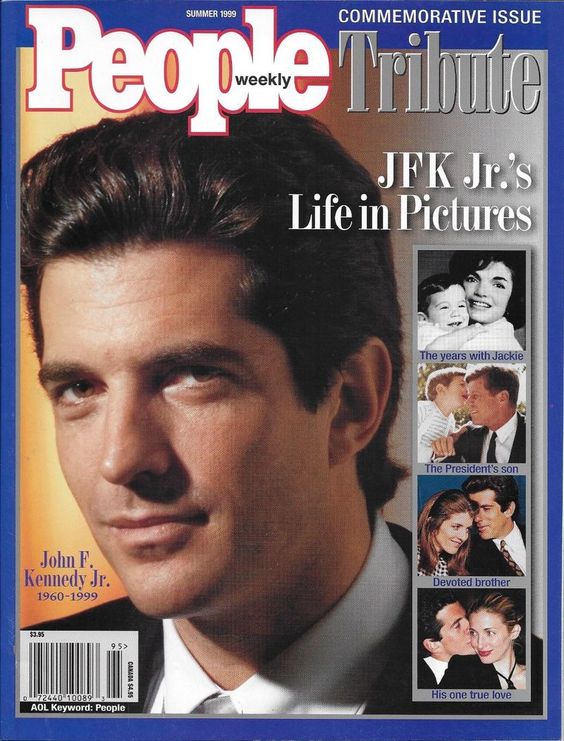
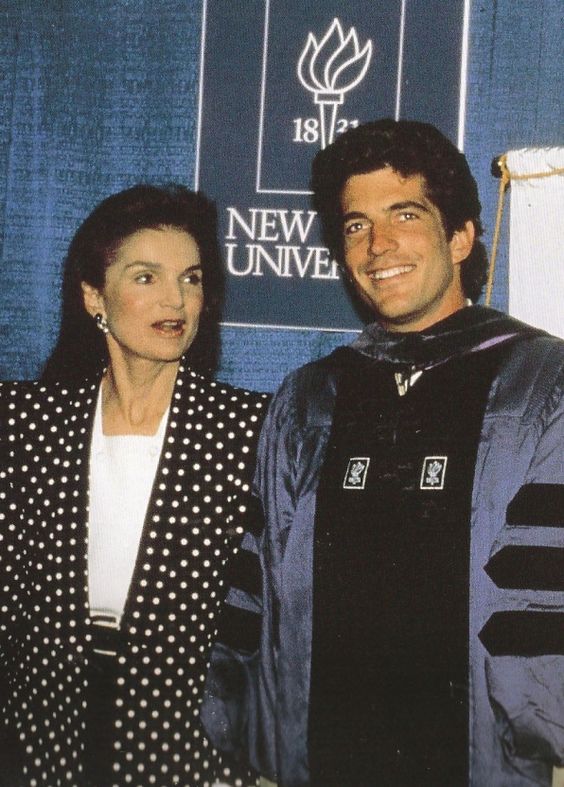
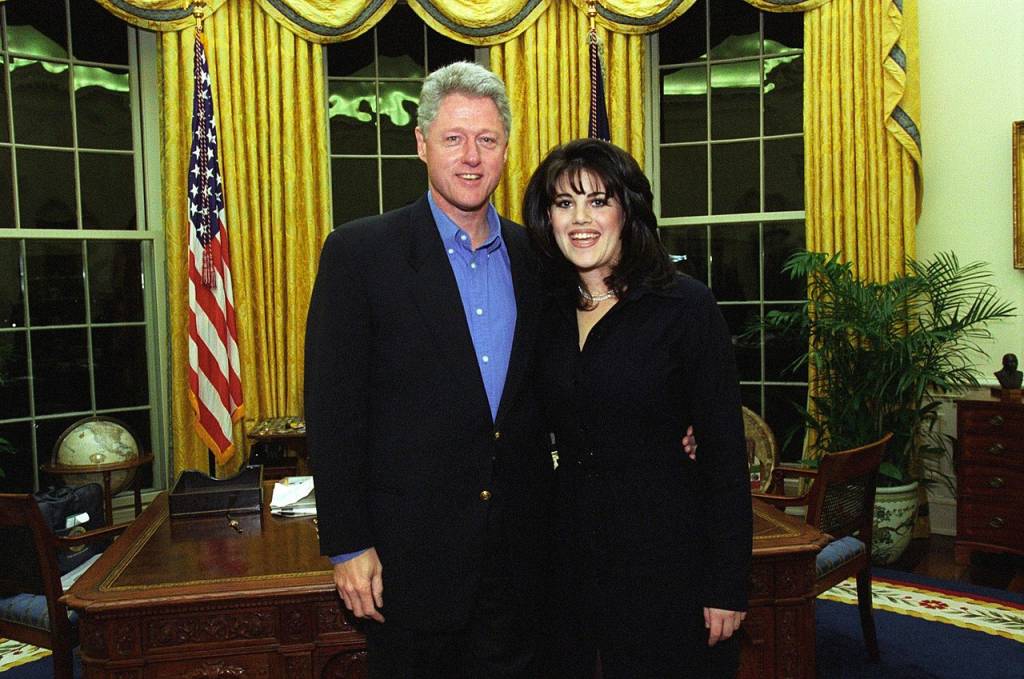
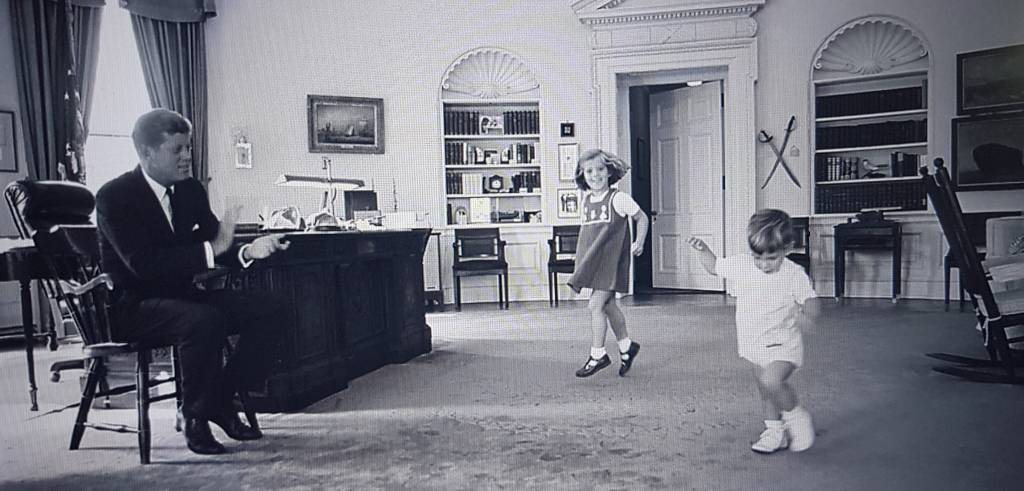
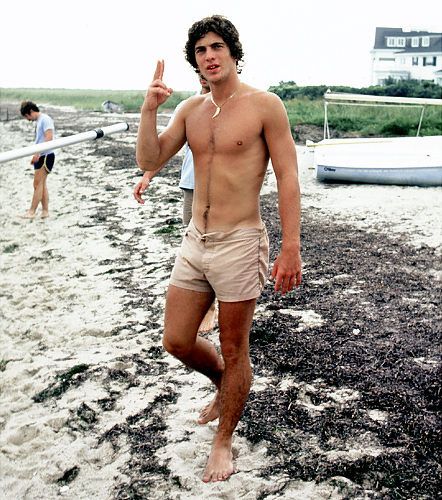
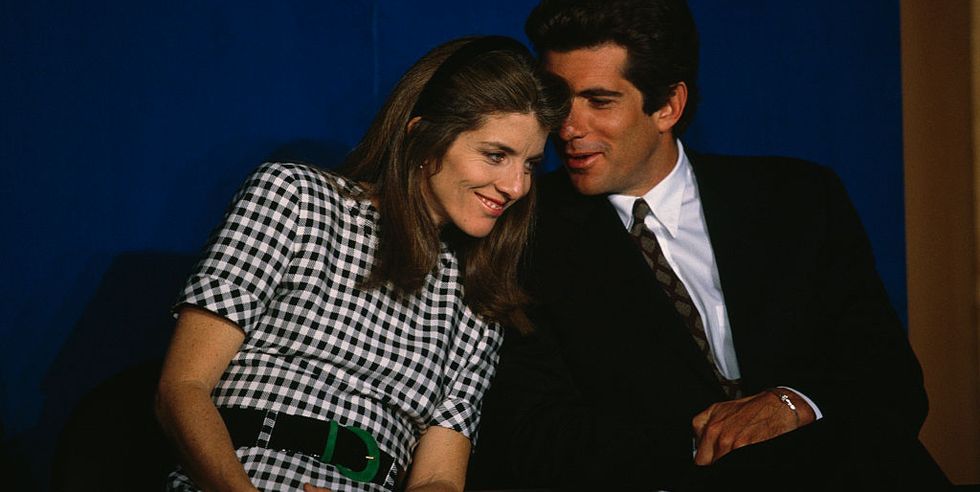
Sister and brother….

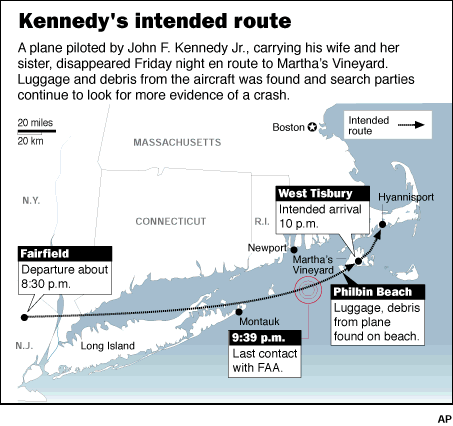

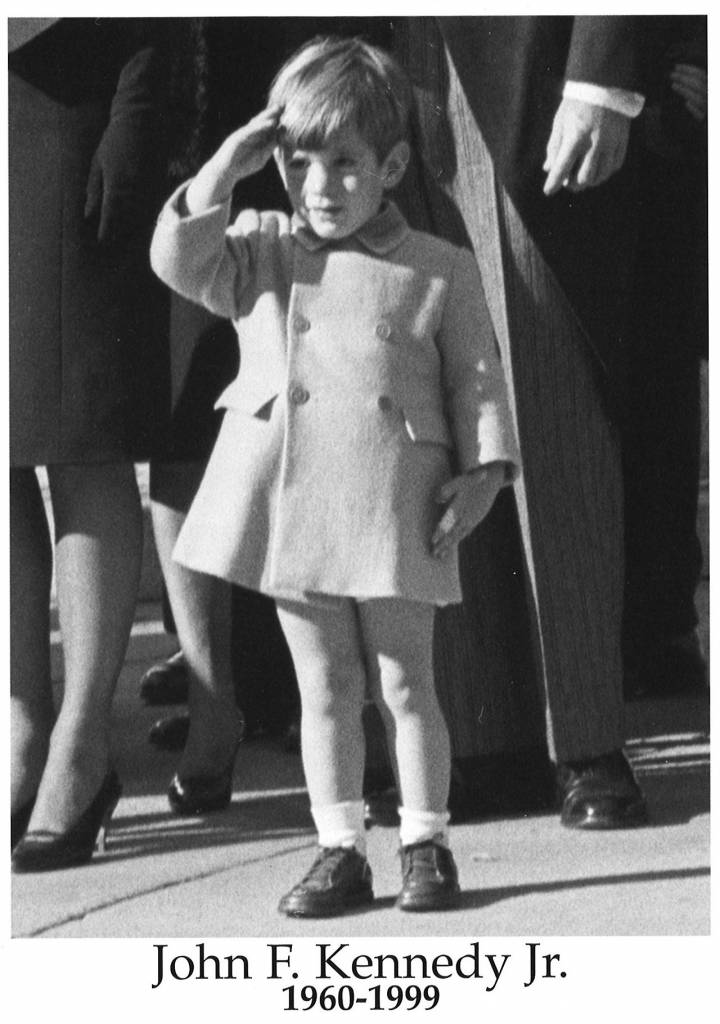
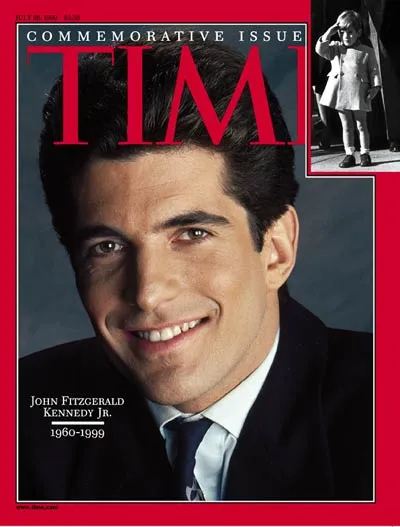

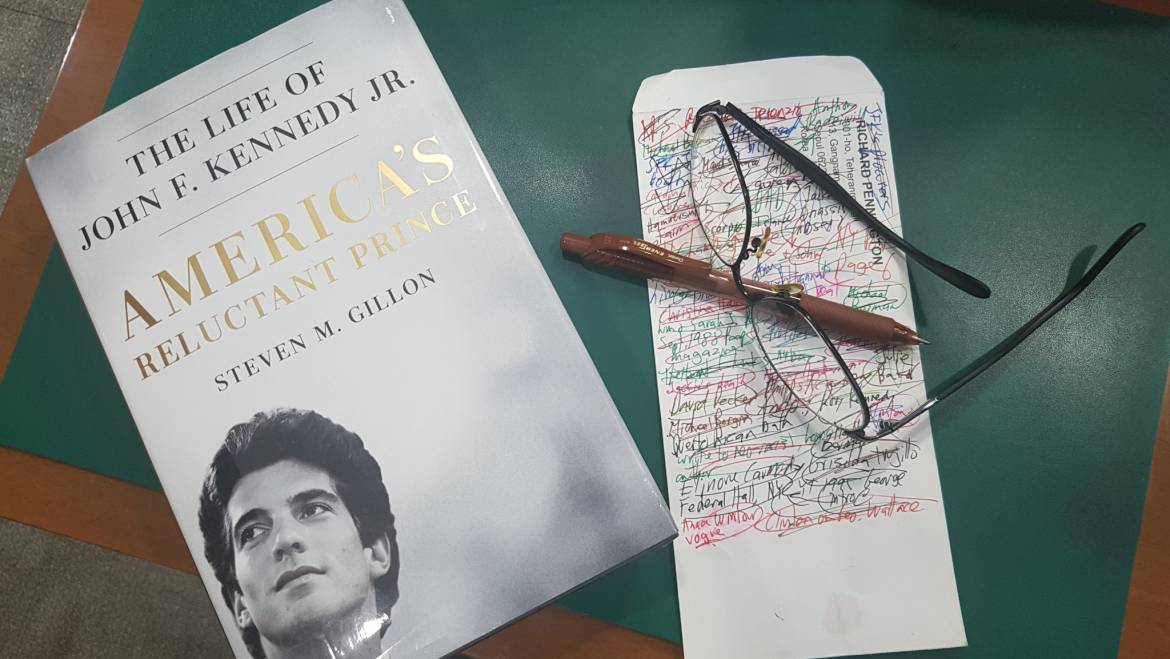
Add Comment